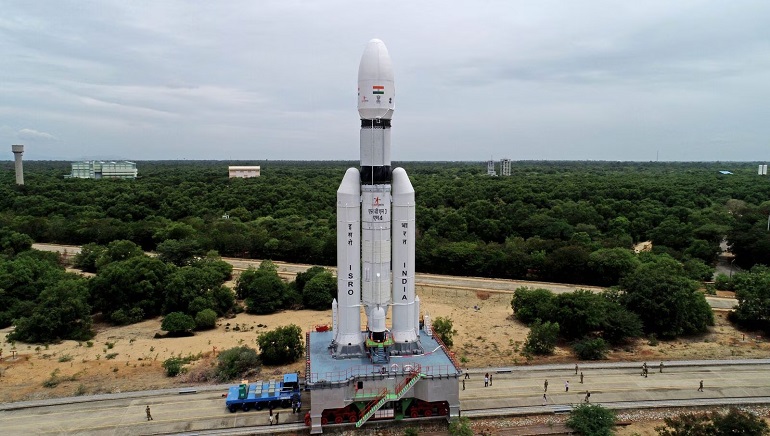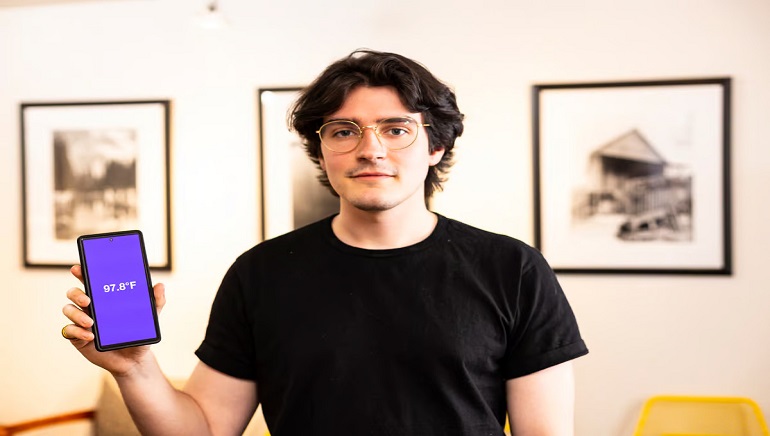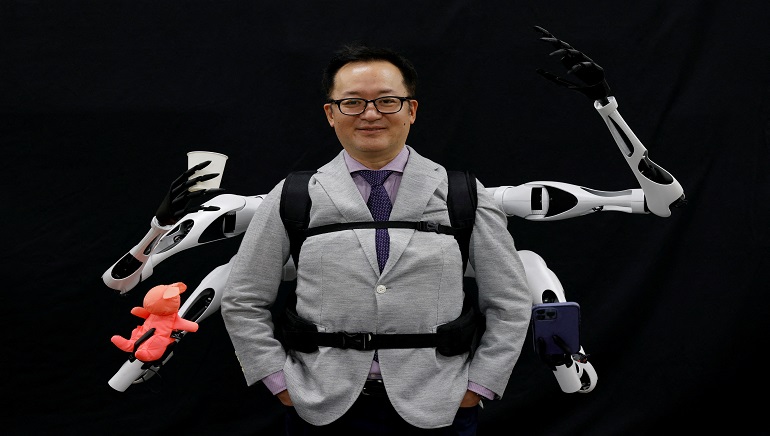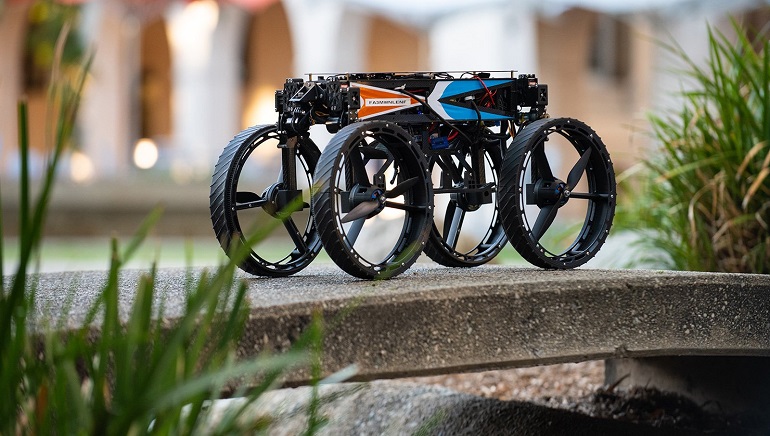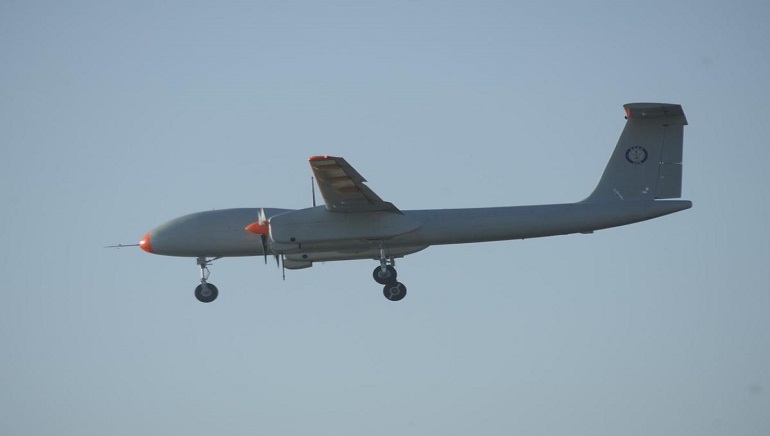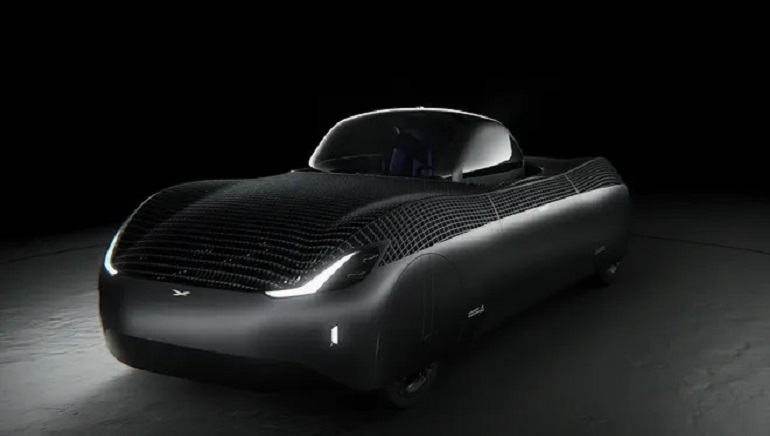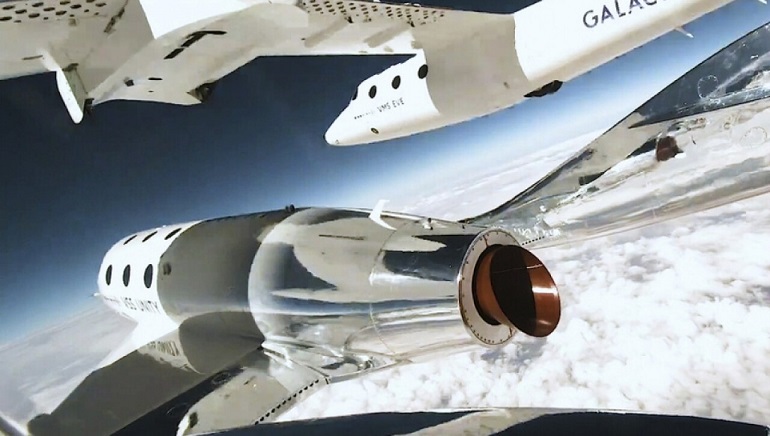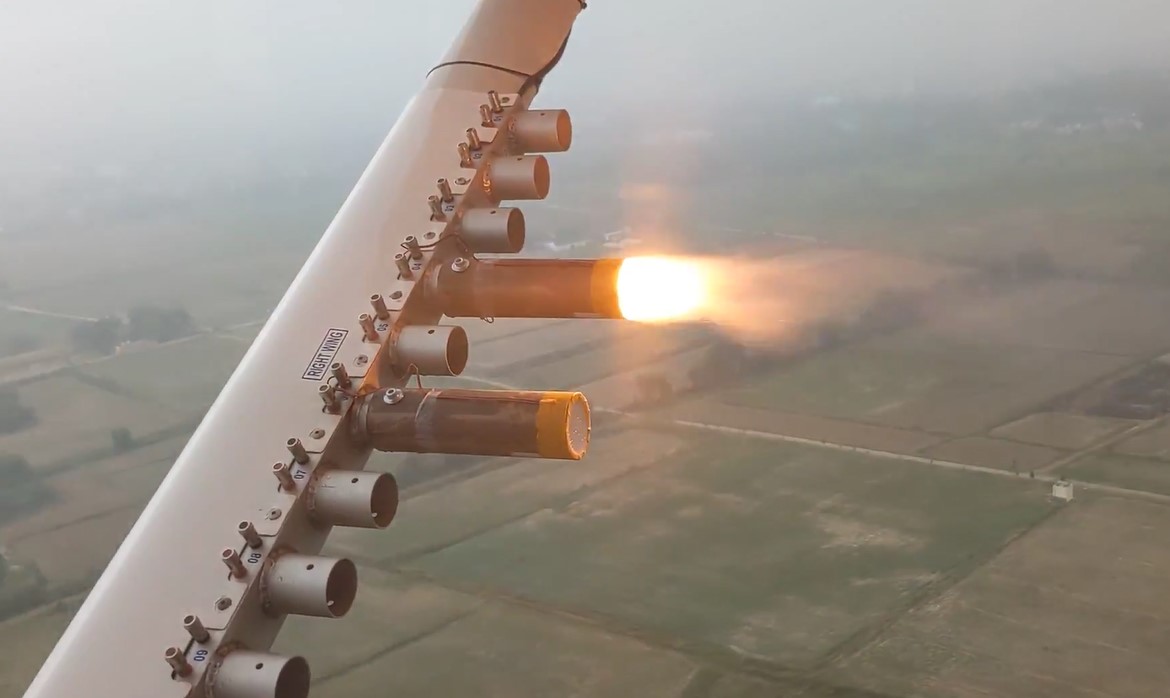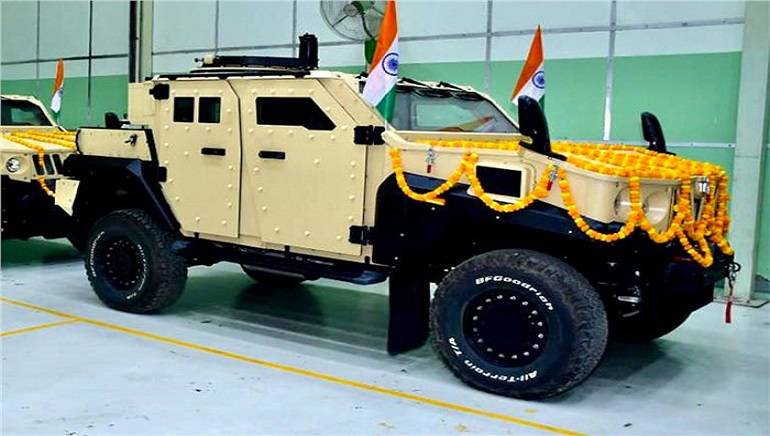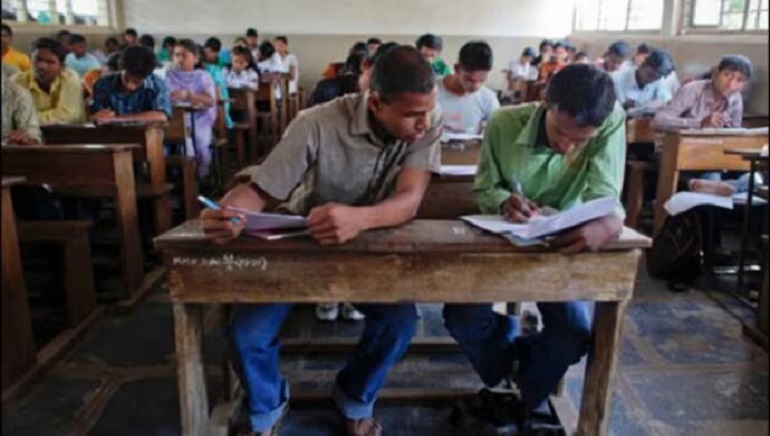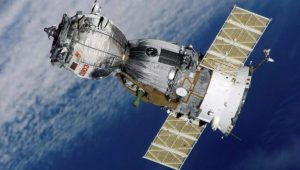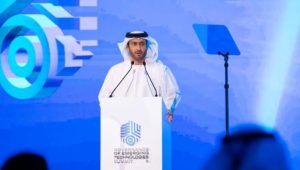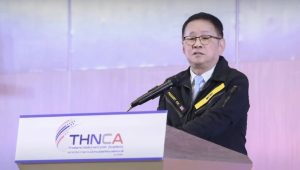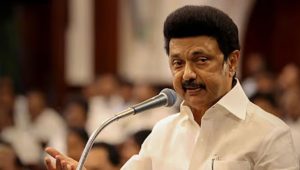The Indian Space Research Organisation’s second attempt at a soft landing on the Moon, Chandrayaan-3, is set to launch at 2.30 pm IST on July 14.
The Chandrayaan-3 mission will be launched into space by the Launch Vehicle Mark-III (LVM-III), earlier known as the GSLV (Geosynchronous Satellite Launch Vehicle) Mark-III. This will be the fourth operational mission for the launch vehicle. It is powered by two S2000 solid rocket boosters that will provide the thrust required for takeoff. Once the solid boosters separate from the launch vehicle, it will be powered by the L110 liquid stage. After the separation of the liquid stage, the CE25 cryogenic stage will take over.
The spacecraft consists of three modules—lander, propulsion, and rover. The spacecraft will carry many science payloads that will help scientists on Earth understand the Moon better. The propulsion module will carry the spacecraft from an injection orbit around Earth till a 100-kilometre lunar orbit. It will also carry a payload that will take spectral and polarimetric measurements of Earth from a lunar orbit.
The lander will be carrying the RAMBHA-LP, ChaSTE and ILSA scientific payloads, while the rover will carry APXS and LIBS. Both the rover and lander have been designed to operate on the Moon for about 14 days.





